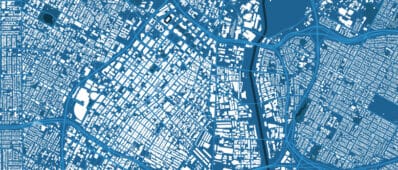Project Summary
During the early months of the pandemic, stay-at-home orders and concerns about infection catalyzed a shift toward online activities, such as remote work and e-shopping, resulting in a significant decrease in conventional travel. However, as the effects of the pandemic diminished, the pandemic-induced online activities began to subside, and conventional travel started to rebound.
This project conducted four waves of mobility surveys in California between Spring 2020 and Fall 2023. Key findings from the analysis of these data reveal that remote work and a combination of remote work and physical commuting (i.e., hybrid work) emerge as an enduring outcome of the pandemic. Another key finding points to socio-demographic factors such as work status, income level, and work arrangements being associated with household vehicle ownership changes and individual vehicle miles traveled (VMT). In particular, an increase in commute frequency reduces the likelihood of vehicle shedding (i.e., getting rid of a vehicle), while amplifying the likelihood of vehicle acquisition. In the meantime, remote workers exhibit lower commuting VMT but higher non-commuting VMT compared to hybrid workers.

